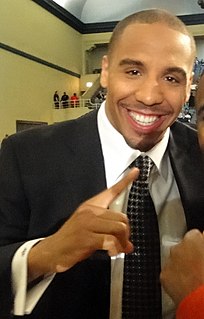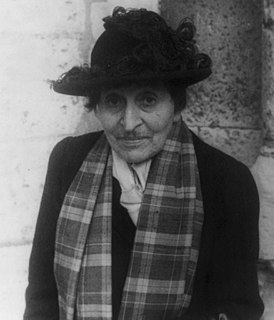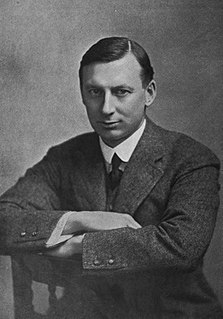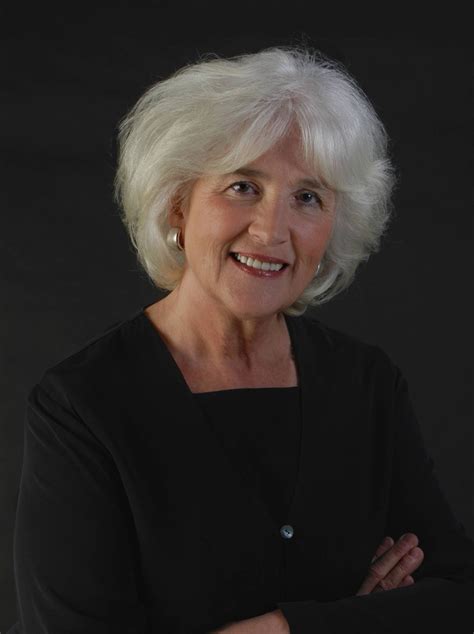A Quote by Gail Godwin
Dreams say what they mean, but they don't say it in daytime language.
Related Quotes
When we say 'time', I believe we mean at least two things. We mean changes. And we mean something unchangeable. We mean something that moves . but against an unmoving background. And vice versa.Animals can sense changes. But consciousness of time involves the double sense of constancy and change. Which can only be attributed to those who give expression to it. And that can only be done through language, and only man has language.The perception of time and language are inextricably bound up with one another.
As a reader, you’re often inside one or more character heads, so you know what they’re feeling, even if they can’t exactly say it, or they say it so obliquely that the other characters don’t catch it. Readers are frequently reminded of the gulf between what people say and what they mean, and such moments prod us to become more attuned to gesture, tone, and language.
Lying is the misuse of language. We know that. We need to remember that it works the other way round too. Even with the best intentions, language misused, language used stupidly, carelessly, brutally, language used wrongly, breeds lies, half-truths, confusion. In that sense you can say that grammar is morality. And it is in that sense that I say a writer's first duty is to use language well.
There are people who put their dreams in a little box and say, 'Yes, I've got dreams, of course I've got dreams.' Then they put the box away and bring it out once in awhile to look in it, and yep, they're still there. These are great dreams, but they never even get out of the box. It takes an uncommon amount of guts to put your dreams on the line, to hold them up and say, 'How good or how bad am I?' That's where courage comes in.







































